You may have noticed that we don’t feature many cars built after the 70’s here on BarnFinds. It’s not that we don’t like them, as a matter of fact all of our project cars right now were built after 1970. We guess the reason we don’t see more on these pages has to do with the fact that there aren’t many of these later cars being pulled out of barns. We are sure there are plenty of them out there. They just haven’t aged enough to be worth dragging from the barn yet. As they grow a bit older, we have a feeling more and more will start to surface. At this point it seems only the rare and oddball ones are being pulled out, which we don’t mind one bit. We have always had an appreciation for the odd and uncommon, especially when it comes to our cars. That might be the reason we were attracted to this 1986 TVR Tasmin 28oi that we found here on eBay. The seller claims it was recently pulled from a barn and has seen just 7k miles. It might be reminiscent of another British built sports car of the era, the Triumph TR7, but we think it is a bit more interesting.
TVR was always a small English brand, but that didn’t stop the company from aiming high. No matter the car, they set out to build something fast and fun to drive. They didn’t always hit their mark, especially in the styling department, but they always managed to build something interesting. The Tasmin was their first foray into this wedge shaped design and it turned out better than most of the other wedge cars of the time. It looked especially nice in convertible form, which brings us to one of the most interesting features of this car. It has a two piece convertible, with the center section being removable to create a targa style top. Once the center is removed the back section can either be left up or put down to create a full convertible. While it is an interesting novelty, stowing the center section in the trunk sounds like an extra and unnecessary headache.
Being a small manufacture meant it wasn’t typically cost effective to design and develop their own mechanical systems, so they had to source components from other larger brands. This car is powered by Ford’s Cologne 2.8l V6 paired to a Ford 5-speed. Power is sent to the ground via a Jaguar rearend and stopping comes compliments of Ford and Jaguar. The lightweight fiberglass body allowed the 160 hp V6 to propel the 280i to 60 in 8.0 seconds and to a final speed of 130 mph. The fact that most of the parts on this car are from Ford should make finding replacements a bit easier, although many parts will likely have to be shipped over from Europe.
One of TVR’s greatest issues was fit and finish. The brand wasn’t too far off from being a kit car manufacturer, so some of their cars were not finished as nicely as one would expect from a manufactured car. Thankfully by the time the Tasmin was built, they were sourcing parts from other manufactures and as a result finish was better. As you can see it still wasn’t the highest quality, but was nice enough to be considered a proper GT. This one looks to be complete, other than the missing radio. Everything looks to be in decent condition and should clean up nicely.
Overall this TVR looks to be nice shape, but looks can be deceiving. We would want to inspect the chassis for rust and the body for cracks or separation of joined fiberglass panels. If it turns out to be solid, this could prove to be a fun driver and a unique car to take to the local show and shine. We doubt you would run into another one and chances are you would have the only car with a targa top and a convertible all in one! Seeing this TVR got us thinking about what the future barn finds will be, so what cars do you think will be the next big thing in the car collector world?
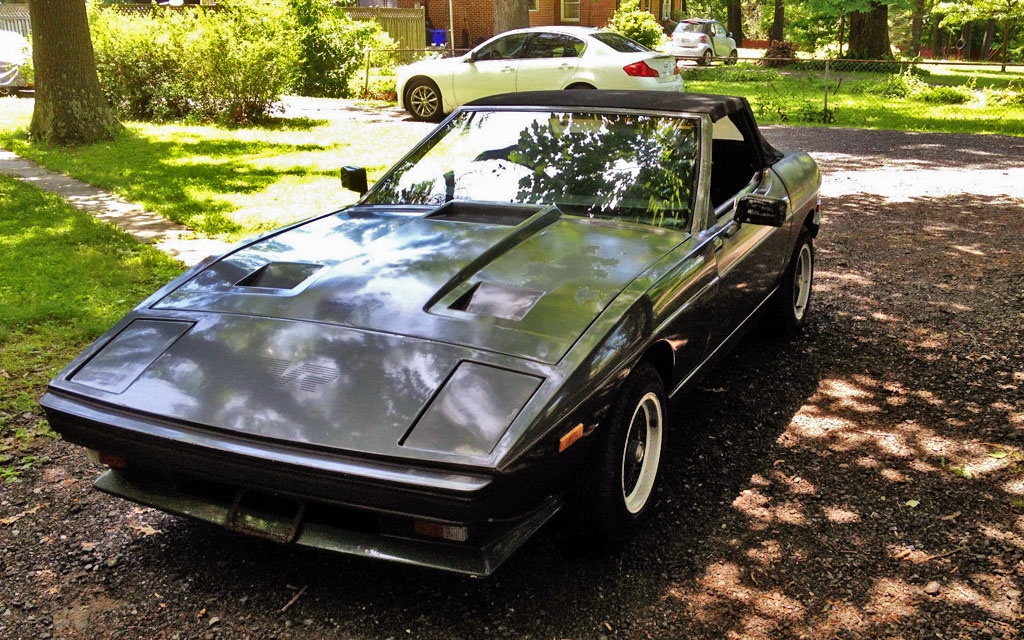
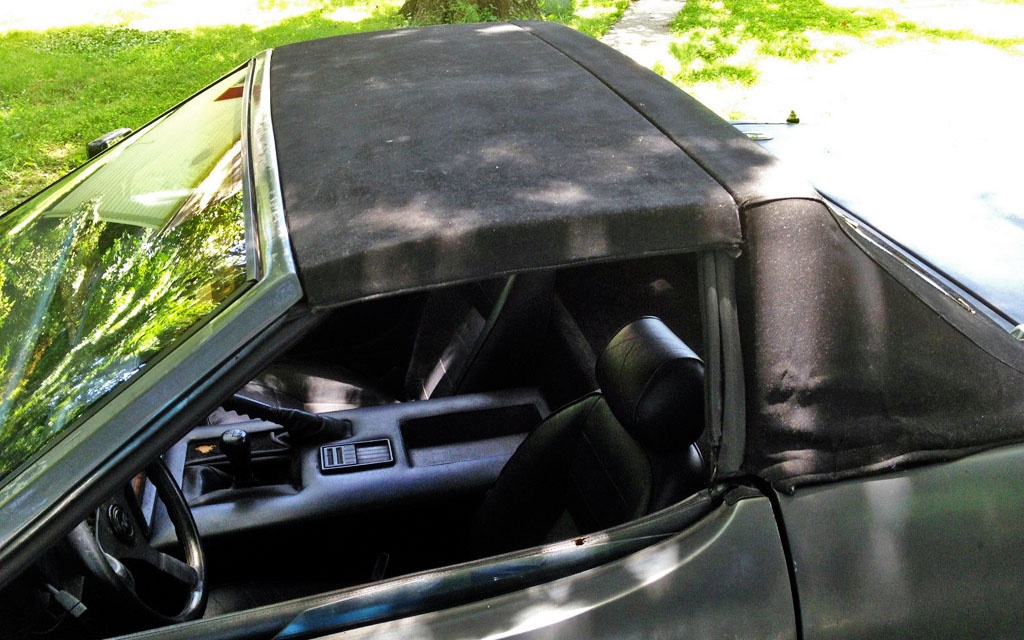
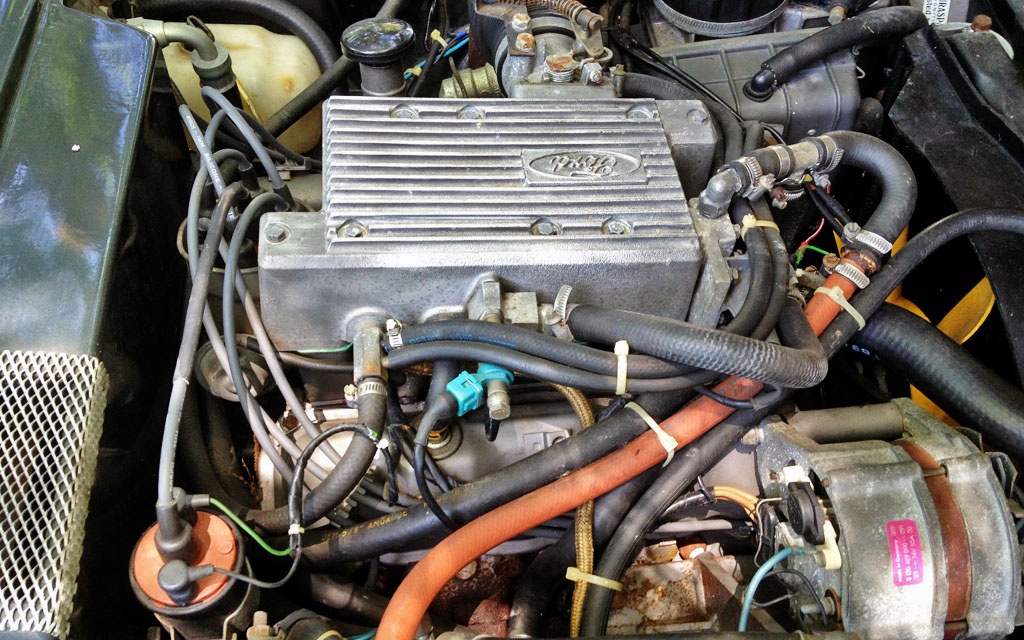
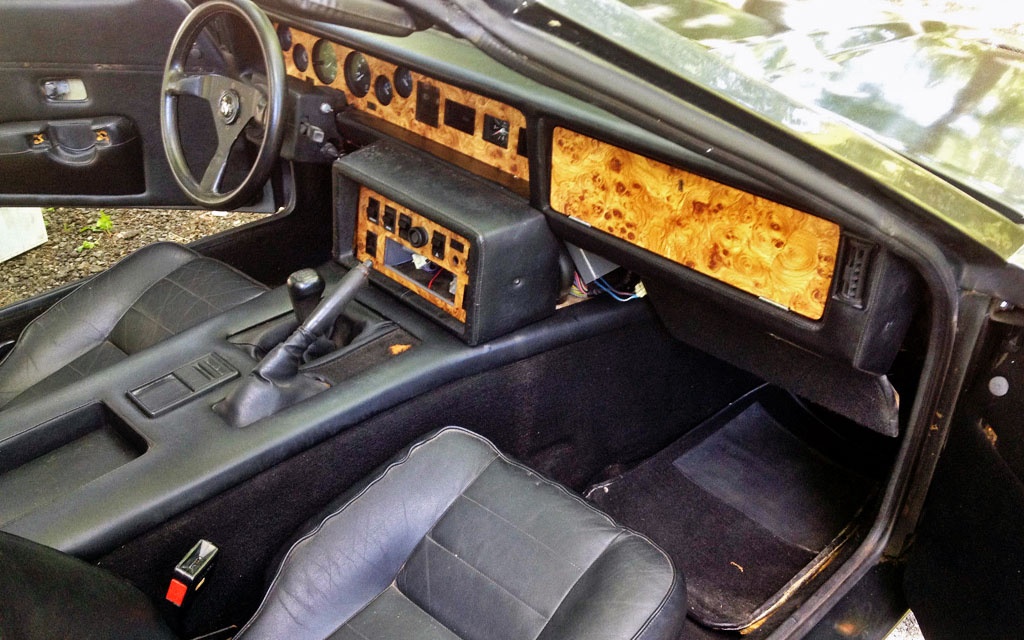
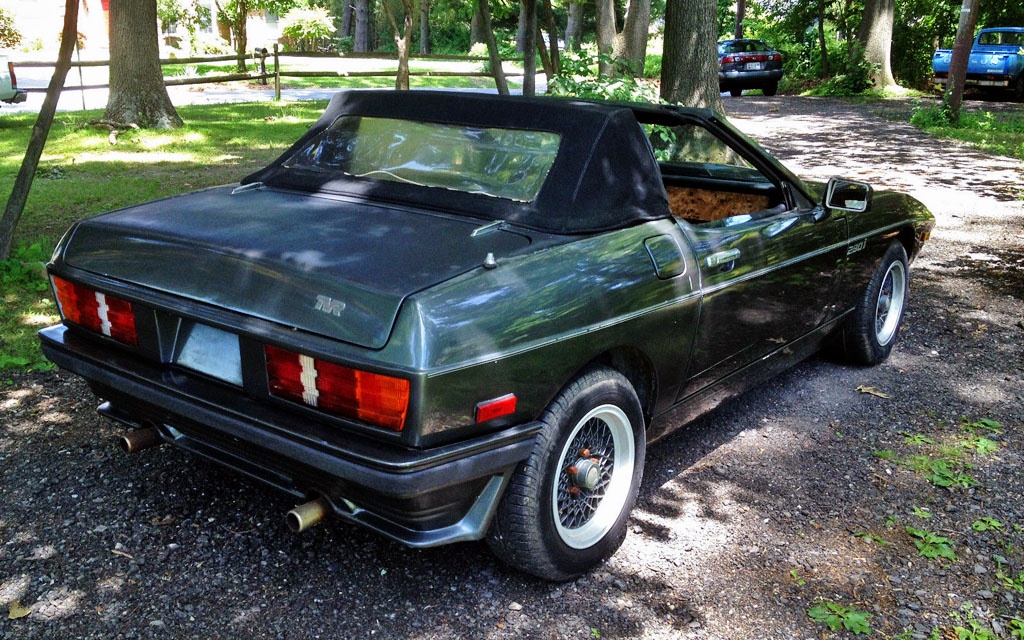




I found one of these on a used car lot in the 90s and it was odd enough for me to be serious enough to test drive it but it was a pretty shoddy car even when compared to other lesser known euro cars of the time. The one I drove was in decent shape but your comments about fit and finish are what I remembered about the car all these years.
I can agree with what Wiley says, above. I have looked at two different models of TVRs and I remember the quality of both as being of decent kit car quality. And yet, I really really like them. I don’t know if it’s my love of strange cars or some unconscious masochistic tendency. Either way, I’m glad it’s not in the upper midwest or I’d be tempted…
Wheeler Dealers did an episode on one of these.. the chassis was the main issue. It is unprotected, and prone to rusting. It’s a tubular type frame, and you need to remove the body to fix the issues, or as they did – replace it.
The fit and finish issue could be said about most any British car of the era. Seems odd to me that with all of the rain and damp they have, they should have the best convertible tops and most reliable wiring in the world, don’t you think? Apparently all that dismal weather makes for a half-hearted attempt at engineering. Perhaps it’s the 3 pint lunch?
I have (2) targa/convertible vehicles, and yes, it is a pain in the arse to take the targa section out and stow it. And if you get a popup rainstorm, be prepared to get soaked, or find a covered area to park in and put the top back on.
TVRs were definitely not the most reliable of cars but they certainly sounded wonderful !
The first TVR I was aware of was the best, or at least the most exciting—the TVR Griffith, which was a joint effort between Jack Griffith, a Ford dealer in NY, and TVR. To my eye those were a lot more appealing than the later TVRs like the one in this entry because, altho they were crude, they went like a rocket ship because they were so light. Plus they had a small curvy, aggressive looking body completely different from the folded-paper body on this car. Mark Donohue and some other racers drove the Grantura version with MG engines at Sebring, and I lusted after one after seeing the photos in a car mag. I think Griffith’s connection with Ford was what allowed the car to use the most powerful Ford 289 engines in place of an MG engine.
I had one brush with a TVR Griffith back in the late ’60s when one was stranded in the median of an expressway near where I lived. It wasn’t wrecked, so I assumed it was either stolen or the engine was blown. I even risked life and limb and walked to the median to see it. I got a tip about the insurance company that covered the car, so I called them but couldn’t get any information about whether it would be for sale. Then I went back a second time and by then the steering wheel had been stolen. Well, that was a dealbreaker, or so I thought at the time—-who would want a car without its steering wheel? There’s got to be more TVRs around, so I’ll just look until I find another one.
Nope. They only made a few hundred and it was years before I ever saw another one. Among all the dumb decisions I have made about cars, that was one of the dumbest.
i too liked the griffith the best. i read a story, in road and track i think, about frame issues on TVRs. this one is no reserve so someone is going to be the new owner. i hope they will keep us updated. it is at $3750 and if it stay near that price range might be a fun driver.
that looks like “jetronic mechanical fuel injection”.
Looks like it sold for $4050. If not much is needed to make it a driver, that could be a bargain. Not likely the new owner will see too many others to be compared with.